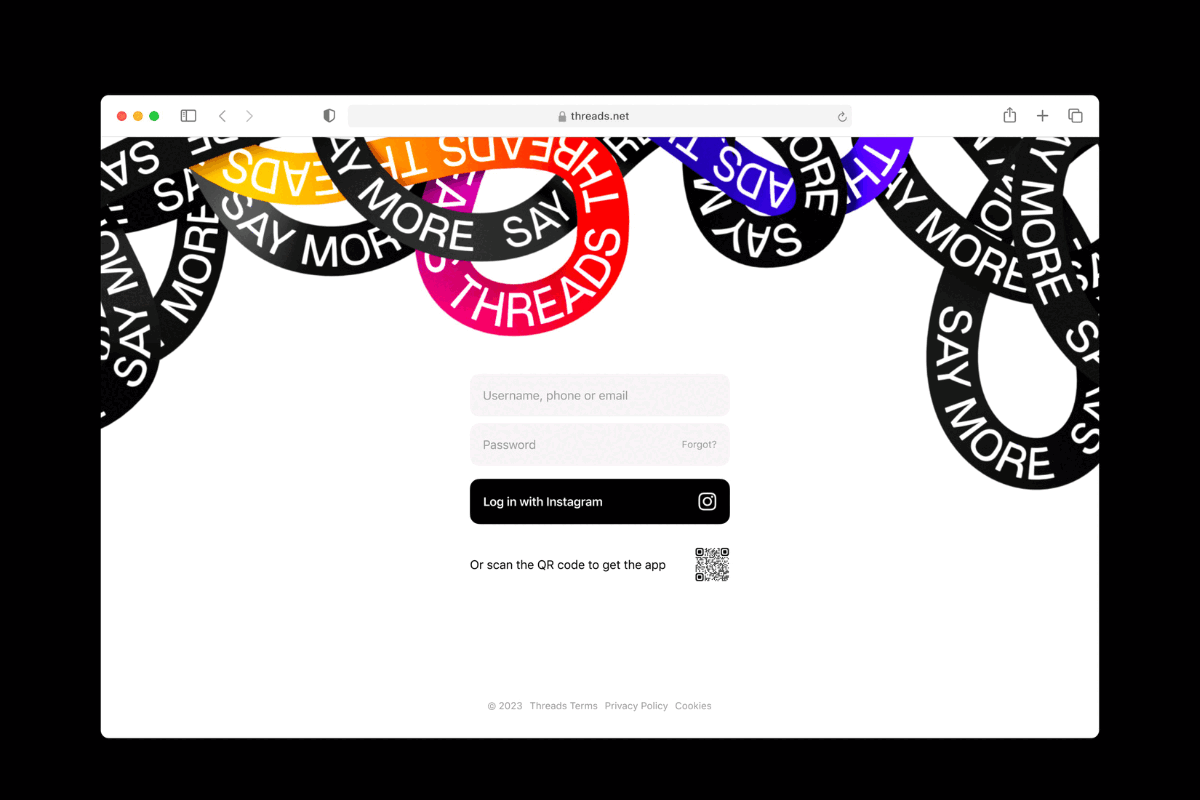Consumers are cautious about the accuracy of information provided by voice assistants
- Thursday, November 8th, 2018
- Share this article:
 Consumers have yet to develop trust in the results provided by voice search with as many as 70 per cent yet to act on the information provided by voice search, according to research from digital knowledge management platform Yext.
Consumers have yet to develop trust in the results provided by voice search with as many as 70 per cent yet to act on the information provided by voice search, according to research from digital knowledge management platform Yext.
A survey of 4,000 consumers – 2,000 from both the UK and France respectively – found that their cautious approach to information provided may be down to the perceived accuracy of online business information.
In the UK, 35 per cent of consumers found that opening hours displayed online were inaccurate upon physically checking at the store or restaurant, while 21 per cent have seen inaccurate locations listed and 26 per cent have been unable to get in touch with a business due to incorrect contact details.
As a result of this distrust in the accuracy of information, 52 per cent of respondents said they check on three or four online sources before believing the details they have been provided.
“People are increasingly searching for business information on their voice devices,” said Jon Buss, managing director for the UK & Northern Europe at Yext. “However, if companies fail to present accurate, comprehensive facts, people risk arriving in the wrong place at the wrong time. This leaves a bad taste in the customer’s mouth and results in a negative experience they may share with friends and colleagues.”
According to the survey, 56 per cent of consumers believe voice assistants should have different tones of voice to represent how confident they are in the information that’s being provided. However, just 22 per cent of UK consumers feel that the accuracy of voice search results is the responsibility of the search engine – with over half feeling that responsibility should rest with retailers and brands.
“Brands have to be conscious of the assumptions consumers are making,” said Buss. “If online information leads them astray it’s the logo on the closed storefront they are upset with. Crucially, improving the voice search experience involves not just ensuring the information is right, but also starting to think about how users can access and provide customer feedback through voice to propagate valuable insights.”
On a more positive note, 60 per cent of voice users trust the information provided by their voice assistant more than before they had owned one.
Furthermore, looking at the upcoming sales periods, 89 per cent of people currently use voice search to plan purchases during the winter shopping peaks.
















